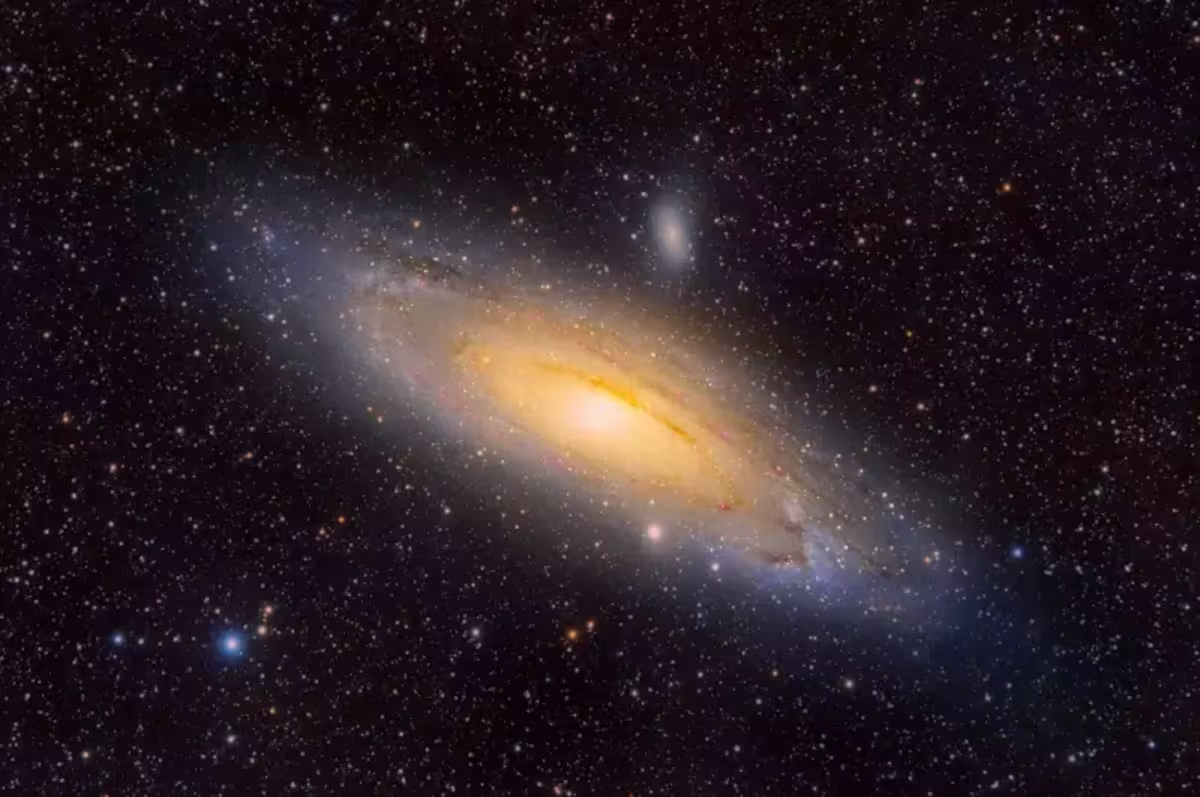For centuries, humans have gazed at the stars and wondered about their place in the cosmos. One of the most profound and deceptively simple questions remains: Does the universe have a center? While it seems natural to assume that every object must have a center, the universe defies this intuition in ways that challenge both science and imagination.
The Everyday Notion of a Center
In our daily experience, everything from planets to galaxies to even objects in a room has a clear center — a point from which distances can be measured and symmetry can be observed. This perspective shaped early astronomical models, with ancient thinkers believing that Earth, and later the Sun, sat at the center of the universe.
However, modern cosmology has overturned these ideas. With the development of Einstein’s theory of general relativity and the discovery of cosmic expansion, scientists have come to a startling conclusion: the universe may have no center at all.
The Expanding Universe
The key to this mystery lies in the universe’s expansion. Since Edwin Hubble’s discovery in the 1920s that galaxies are moving away from each other, scientists have understood that space itself is stretching. But unlike an explosion with a central origin point, this expansion happens everywhere, simultaneously. Every observer, no matter where they are in the universe, sees distant galaxies receding from them, giving the illusion that they are at the "center."
In this sense, the universe can be thought of like the surface of an expanding balloon. For a two-dimensional being living on the balloon’s surface, there would be no center on the surface itself; the expansion happens everywhere equally. Our three-dimensional universe may work in a similar way, with no central point within space.
The Limits of Human Intuition
This concept challenges our human intuition, which is shaped by life in a world of fixed boundaries and objects with clear centers. The true nature of the universe operates on scales and dimensions that are difficult for us to fully grasp.
Current models suggest that the universe is homogeneous and isotropic on large scales — meaning it looks the same in all directions and locations. From this perspective, every point could be considered a "center," or more accurately, there is no special point at all.
Still More Questions than Answers
Despite these theories, much remains unknown. The exact shape, size, and ultimate fate of the universe are still subjects of active research. The concept of a center becomes even more complex when considering models involving multiverses or curved space-time.
As scientists continue to explore the cosmos with advanced telescopes and experiments, the question of whether the universe has a center remains a powerful reminder of how much we still have to learn — and how far our imagination must stretch to grasp the true nature of existence.
